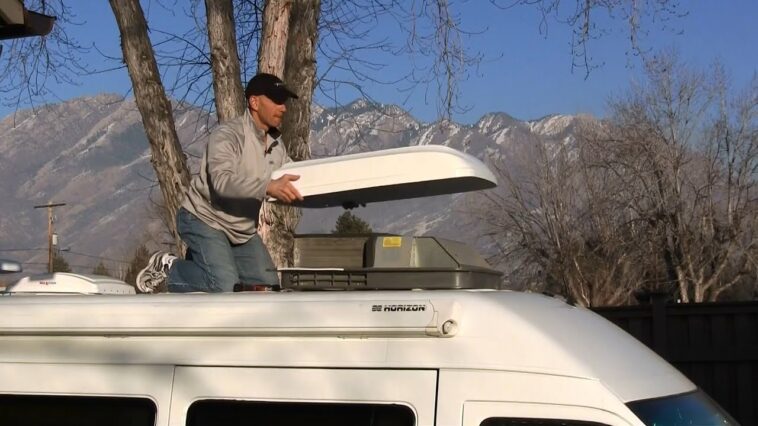RV camping is one of the most fun-filled outdoor activities you can experience. With your rig, mobility is not an issue; you can always pack and unpack things immediately. Furthermore, with RV camping, there is no need for you to compromise health protocols such as social or physical distancing while you are enjoying the beauty of nature.
When you are embarking on an RV camping journey, there are numerous things you have to consider. For one, you have to prepare the essentials such as food, water, hygienic items, cleaning items, batteries, and the likes. You also have to inspect your recreational vehicle thoroughly. Extensively checking your RV before heading to your campsite means avoiding untoward incidents happening. It also means traveling in comfort and convenience. Check out this article from Camper Guide for ideas on how to convert your can into your ideal camper-van.
It is prudent to check the exteriors and interiors of your rig before going to your destination. Furthermore, it is also advantageous to know how to fix your rig’s parts should the need for vehicular repairs arise. As such, in this article, we shall acquaint you with the basic know-how when troubleshooting your RV air conditioning unit. Also, rvcamping.com offers an extensive review of various RV air conditioners and their pros and cons, so you should be guided when investing in an RV air conditioning unit.
Camping on an RV means having the mobility to transfer from one destination to another immediately. You have the privilege of enjoying various places with your vehicle. As such, to ensure that vehicular difficulties will not get in the way of your camping plans, it would be good to get to know with ten essential RV air conditioner troubleshooting tips.
Frost Formation
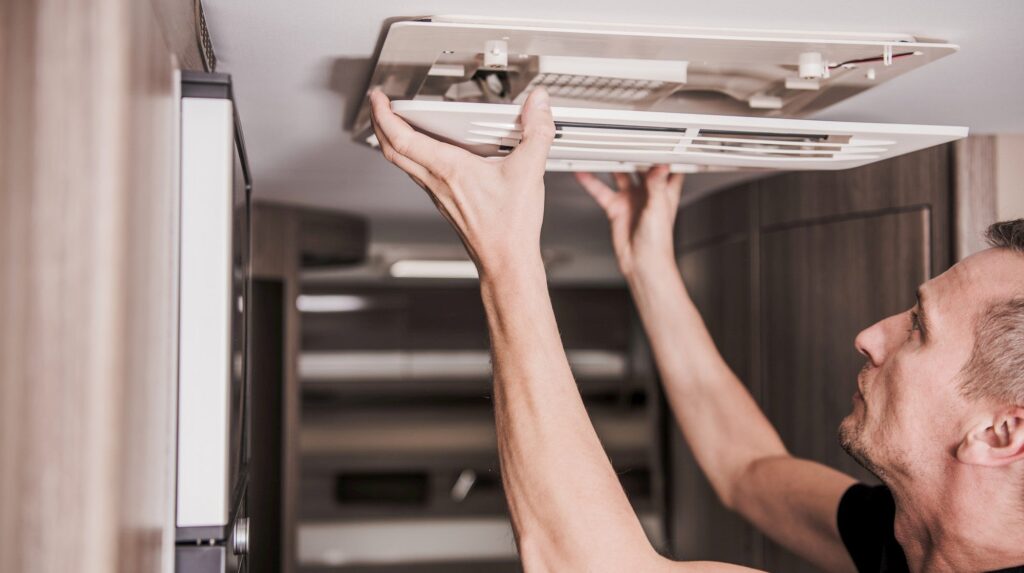
Frost formation happens when your air conditioning unit produces cold air at a very low airspeed. To solve this, you may opt to clean the unit to remove the frosting and dirt specks. Furthermore, you can also utilize the unit’s heater set to melt the ice. You may also opt to use the fan setting to melt the ice.
Freon Issues
When your air conditioning unit is surrounded by ice, and you have done the steps in solving frost formation and found no leaks in the unit, you have to replace the freon.
Noisy RV Air Conditioner
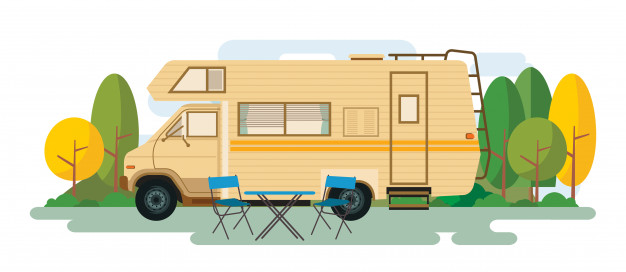
Old RV air conditioning units often produce loud noises that can disturb you. As such, constant maintenance and cleaning is necessary. You have to clean the fan blades because these parts make a sound like a broken washing machine. Another step is inspecting your rubber cushions; these parts absorb and catch the vibrations when the unit is running; you have to determine whether your rubber cushions need repair or replacement. You also have to check the duct tubes; oily duct tubes create noise when the air conditioner is running; thus, you have to rinse your duct tubes with water.
You can also lower the noise of the unit by reducing the fan’s speed. You also have to make sure that joints, bolts, and gears are screwed properly.
Reduced Cooling Capacity
When your RV air conditioning unit runs but is not cooling your rig, specks of dust must have infiltrated your air conditioner. When dirt covers your filter, it will result in the unit’s low cooling capacity. With this problem, you may opt to wash your filter with soap and water. Also, check your fins. You have to make sure that your fins are unbent and clean; if there be specks of dirt, you have to wash them away. To maximize the cooling capacity of your RV conditioning unit, make sure to the blower and evaporator.
Water Leakages
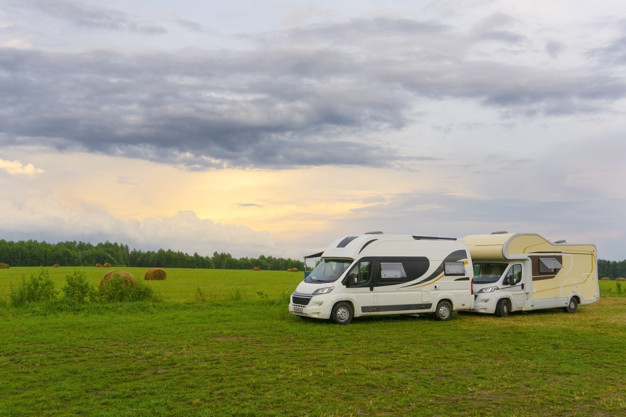
When your unit is leaking water, you have to clean and inspect the drain pan and evaporator coil; be sure that your drain pan is not clogged. Also, make sure that the gasket is tightly secured, and the mounting bolts are placed correctly.
Non-functioning Units
When your air conditioning units don’t turn on, check the RV power source and the breaker.
Overusing the Generator
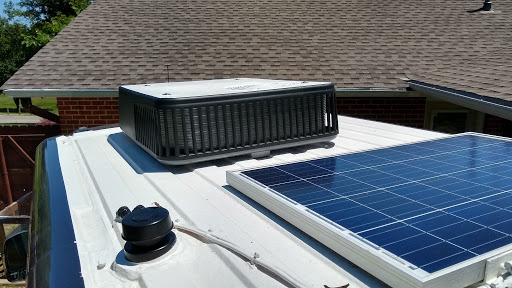
When you use your microwave, air conditioning unit, and television simultaneously, there is a tendency that you will overuse your generator. This instance can make your generator broken; thus, you have to get a new one and monitor your wattage.
Overheating Air Conditioning Units
When your unit overheats, make sure to inspect the condenser coil. You have to clean the condenser coil since specks of dirt can cause the unit to be hot; thus, it will prevent the air conditioning unit from working efficiently.
Release of Warm or Hot Air
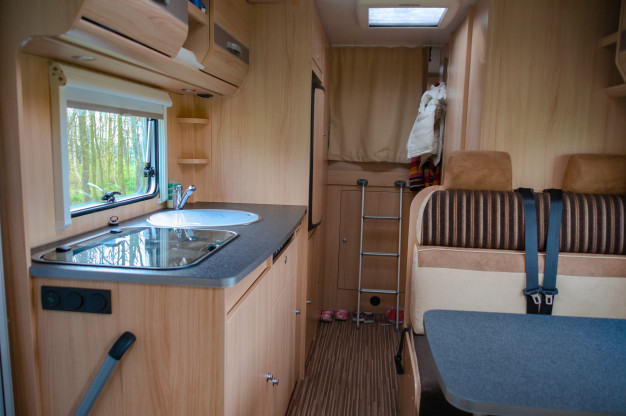
When your unit releases warm or hot air instead of cold air, you have to inspect and examine your motor voltage.
Foul Smell by the Air Conditioner
When a foul smell troubles you and disrupts your adventure, you have to inspect and clean the radiator. You should also replace the filters of your unit. With these steps, you can, more or less, get rid of the foul odor.
Conclusion
An RV air conditioning unit is a valuable possession for an RV camper. It shall aid you during the summer seasons; other units can even help you during the winter season. As such, the RV air conditioning unit possesses numerous functions, making it one of the essential components of a comfortable and convenient camping adventure. With this, you have to make sure that your unit will be well-conditioned and functioning before going to your destination. Furthermore, it would greatly help if you know the basics of solving the difficulties involving air conditioners.
When investing in an RV air conditioning unit, you have to consider various factors since you are putting a significant sum of money on it. Also, you have to make sure that it suits your demands and preferences. Furthermore, make sure that it can fit on your recreational vehicle.
While difficulties might arise anytime, being knowledgeable with the knowhows can get you a very long way. We hope that we have shared knowledge that will be helpful to you in your next camping journey.



